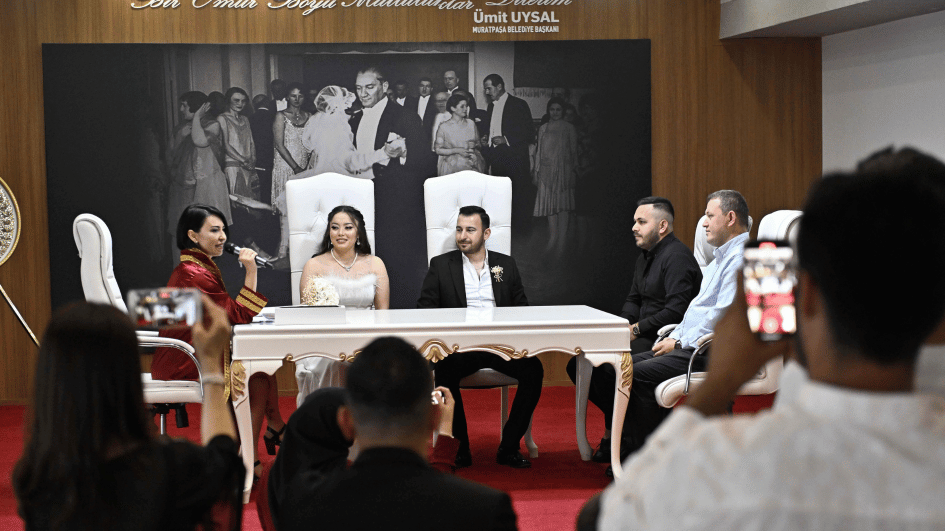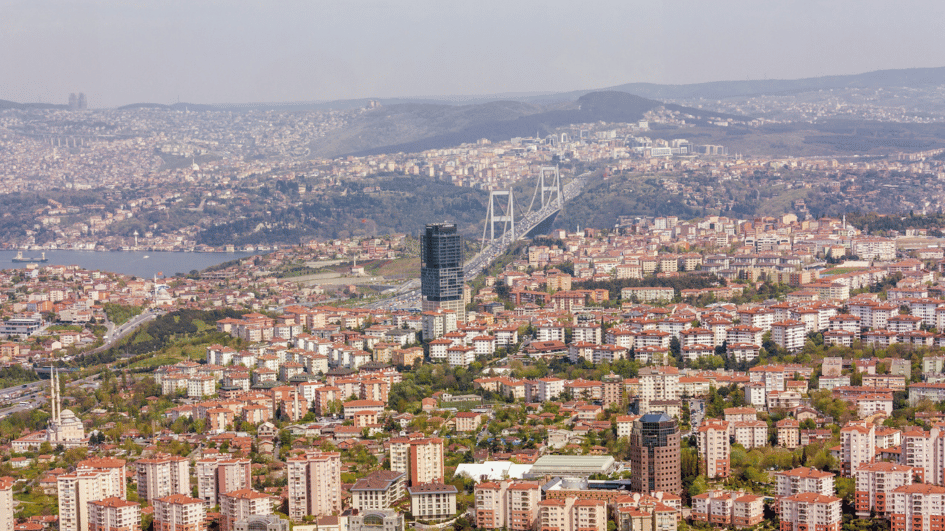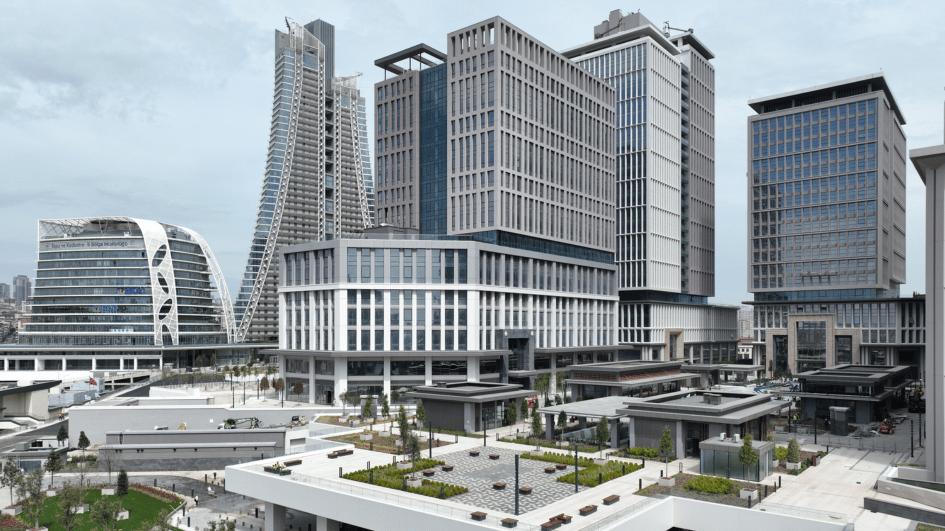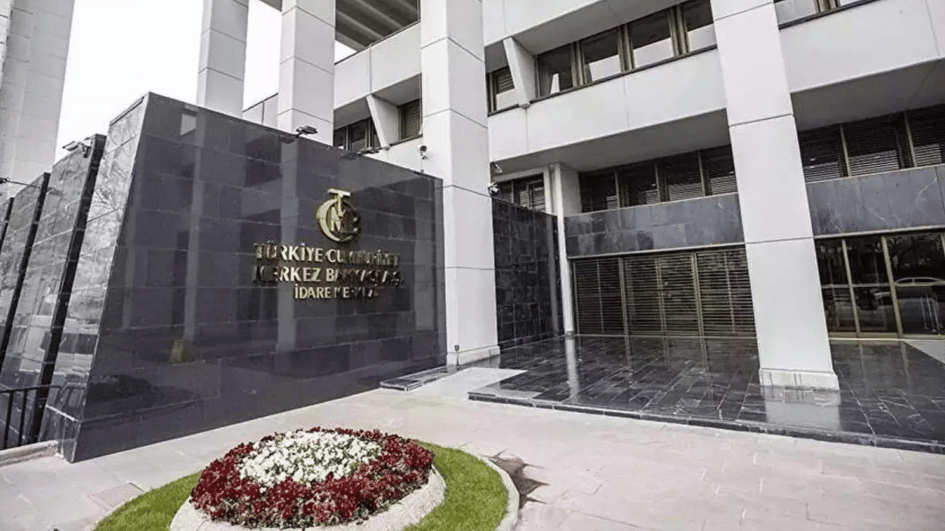AK Party, Islamism, terror
YALÇIN AKDOĞAN
Recently, among those topics that the anti-Turkey lobby abuses, the top place goes to the claim that there is a convergence with radical armed organizations. The existence of certain armed organizations within the Syrian opposition causes an allergy in Westerners, primarily Israel, and this situation generates a paradox that prolongs the life of Bashar al-Assad. Turkey, which is hosting 500,000 refugees and which is directly affected by the negativities in Syria, is known to support the toppling of al-Assad; however, it is not true to equate this support with support for, or cooperation with, armed fundamentalist groups. This approach has been transported to a different platform with Turkey’s criticizing of the coup d’état in Egypt. Westerners, who regard the Muslim Brotherhood organization as a type of a terrorist organization or a fundamentalist formation, are trying to represent the Justice and Development Party (AK Party) as if it were in cooperation with these kinds of movements.The “radical Islamist” tag that was being attempted to be pasted, domestically and internationally, on AK Party 10 years ago has started, with these incidents, to be put into use again; whereas the stance and reaction of AK Party in these incidents are exceptionally democratic, humanist and peaceful. Turkey would have shown the same reaction regardless of who had been subject to a coup in Egypt; this does not prove a hereditary connection with Ikhvan.
The reductionist view point of the West concerning Islamic formations has always been problematic. There are dozens of formations operating on social, cultural and political platforms in the Islamic world. A portion of these operate on the democratic and legal platforms. It is a huge injustice to label them as terrorist organizations, with adjectives such as fundamentalist, radical. Those groups that opt for arms and violence as a method correspond to a small portion within these. The main structure of the Islamic society has always rejected terrorism, violence and massacre of civilians.
It is known that Prime Minister Recep Tayyip Erdoğan has adopted a clear stance showing a reaction to all kinds of terrorism and extremism. As a matter of fact, radical armed organizations have issued statements directly targeting the AK Party. In a speech Erdoğan delivered last week, he said, “We are against extremists, wherever they may be, they may be in our country or in other countries; this is our essential principle. We are against all extremists; we are distant from all of them. The head of the Peace and Democracy Party (BDP) is saying, ‘I can give the addresses of them [al-Nusra].’ I mean, if they are so skilled in those matters, then they should also give the addresses of the PKK. They are also an extreme. We should clamp down on them; and also clamp down on al-Nusra. You know that our security forces have been involved in a serious struggle with al-Qaida.”
Indeed, significant operations have been conducted in Turkey recently against these kinds of organizations.
Ayman al-Zawahiri, the al-Qaida leader has called on his members fighting against al-Assad in Syria not to cooperate with other groups; and a top commander in the Free Syrian Army, Kemal Hamami, was killed by members of an organization called “Iraq Islamic State” affiliated to al-Qaida. Al-Qaida was founded as an organization to fight the Soviet invasion of Afghanistan but later it transformed into an organization with fundamentalist tendencies in Afghanistan and one that conducts armed attacks in the world.
HAMAS, on the other hand, excluded by the Westerners as a terrorist organization, even though it had conducted armed attacks in its initial stages against Israel against the occupation of Palestine, later transformed into a structure operating in social and political fields in Palestine. After recording a huge success in elections HAMAS increased its political legitimacy and became one of the indispensable actors for a solution. Muslim Brothers on the other hand never took arms and found a very large social support in Egypt. To exclude all these organizations defining them as “terrorist organizations” is a major issue all by itself.
Turkey believes that every structure that operates within the boundaries of legitimacy and that enjoys the support of people should be maintained within the system. Turkey absolutely excludes terrorism and violence. To interpret this principled stance as cooperation with radical Islam is an inconceivable attitude.
Meanwhile Head of Democratic Union Party (PYD) Saleh Muslim reportedly said ugly words against Prime Minister Erdoğan: “On the one hand you are having talks with us. While on the other, you set your dogs, jackals and foxes on us.” It would be the Kurds in the region who would best evaluate the negative consequences of this person’s attempts to make himself non-addressable. This person, as he sees it, is trying to market himself to the West as “we are struggling with radical organizations.” This is a very cheap tactic and you cannot get away with this kind of tactlessness.
Yalçın Akdoğan is chief advisor to the Prime Minister and also a columnist for daily Star in which this piece was published on Sept. 17. It was translated into English by the Daily News staff.











